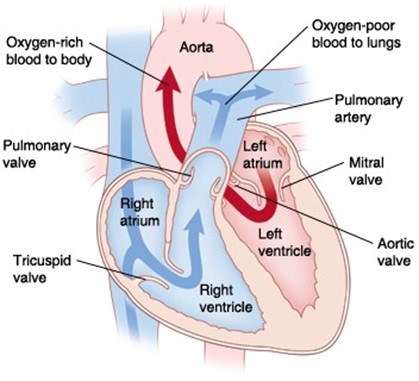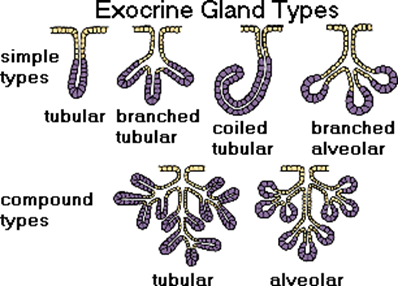The antibodies produced in allergic reactions:
Belong to the immunoglobulin E group.
Are called allergens.
Belong to the immunoglobulin G group.
Are secreted by mast cells.
The Correct Answer is A
The antibodies produced in allergic reactions belong to the immunoglobulin E group.
These antibodies bind to an allergen, triggering a release of histamine, which causes allergy symptoms.
They also help to fight parasitic infections.
Choice B is wrong because allergens are not antibodies, but substances that cause an allergic reaction.
Choice C is wrong because the antibodies that belong to the immunoglobulin G group are not involved in allergic reactions, but in fighting bacterial and viral infections.
Choice D is wrong because mast cells are not antibodies, but cells that release histamine and other chemicals when activated by IgE antibodies.
Nursing Test Bank
Naxlex Comprehensive Predictor Exams
Related Questions
Correct Answer is A
Explanation

This is the correct sequence of parts through which blood moves from the vena cava to the lungs.
Choice B is wrong because it reverses the order of the right atrium and right ventricle. Blood flows from the right atrium to the right ventricle, not the other way around.
Choice C is wrong because it switches the positions of the tricuspid valve and the pulmonary valve.
Blood flows from the right atrium through the tricuspid valve to the right ventricle, and then through the pulmonary valve to the pulmonary artery.
Choice D is wrong because it also switches the positions of the tricuspid valve and the pulmonary valve, and reverses the order of the right atrium and right ventricle.
Blood flows from the right atrium through the tricuspid valve to the right ventricle, and then through the pulmonary valve to the pulmonary artery.
The normal range of blood pressure in the vena cava is about 0 to 5 mmHg, while in the pulmonary artery, it is about 15 to 25 mmHg.
The normal range of oxygen saturation in the vena cava is about 60% to 80%, while in the pulmonary vein, it is about 95% to 100%.
Correct Answer is D
Explanation
Exocrine glands secrete through ducts or tubes to the body’s exterior.

For example, sweat glands, salivary glands, and liver are exocrine glands.
Choice A is wrong because exocrine glands do not only secrete salts, but also other substances such as enzymes, mucus, and sebum.
Choice B is wrong because exocrine glands do not secrete hormones at all.
Hormones are secreted by endocrine glands, which are ductless glands that release their products directly into the bloodstream.
Choice C is wrong because exocrine glands do not secrete into the bloodstream, but onto an epithelial surface such as the skin or the gastrointestinal tract.
Only endocrine glands secrete into the bloodstream.
Whether you are a student looking to ace your exams or a practicing nurse seeking to enhance your expertise , our nursing education contents will empower you with the confidence and competence to make a difference in the lives of patients and become a respected leader in the healthcare field.
Visit Naxlex, invest in your future and unlock endless possibilities with our unparalleled nursing education contents today
Report Wrong Answer on the Current Question
Do you disagree with the answer? If yes, what is your expected answer? Explain.
Kindly be descriptive with the issue you are facing.
